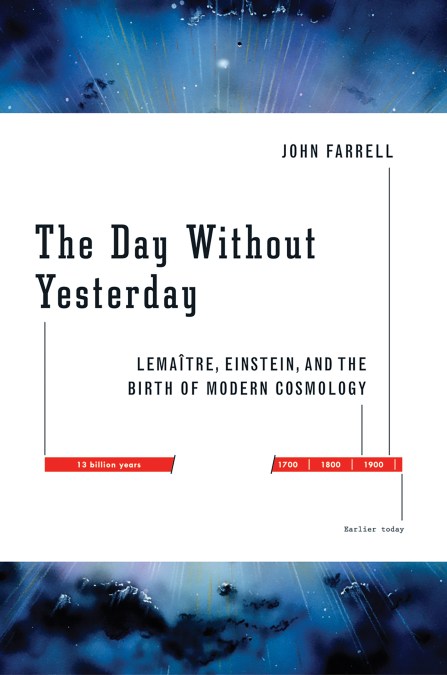Warning: this post includes spoilers for Black Widow, Avengers: Endgame, and Spider-Man: No Way Home. Seems a small price to pay to understand the biophysical limits of the biosphere, but it's your call.
So, are you sure you want that superpower? Have you noticed that superheroes usually have difficult lives and crushing responsibilities? And have you noticed that even the most potent superheroes and their coveted superpowers come up against explicit limitations?
I haven't yet seen Avengers: Endgame (I know! I'll get to it!) but I know this: Black Widow ends with Natasha riding away to the events that end with her sacrifice, events portrayed in Avengers: Endgame. She has some cool superpowers but she ultimately contributed most to the world's salvation by dying.
For me, the hardest MCU movie to watch was Spider-Man: No Way Home. Peter Parker has superhuman strength and dexterity, and arthropod-like agility et cetera, but couldn't protect the person he loved the most. At the end of the movie he arranges to have himself erased from the memory of his dearest friends. I wept through it, not merely because it's sad but because this impossible burden falls on a teenager. The proverb now forever associated with Spider-Man is "with great power comes great responsibility," and this credo angers me every time I hear it. I don't hear the acknowledgement that no kid should ever have to carry that. And certainly not alone.
Superhero stories are never about life without limitations. Indeed the opposite. They are about what happens inside a world/universe that has different boundaries than our own. It's not the boundaries that matter, whether you're a superhero like Natasha, or a "normal" person like me, or a metaphorical agent like evolution.








